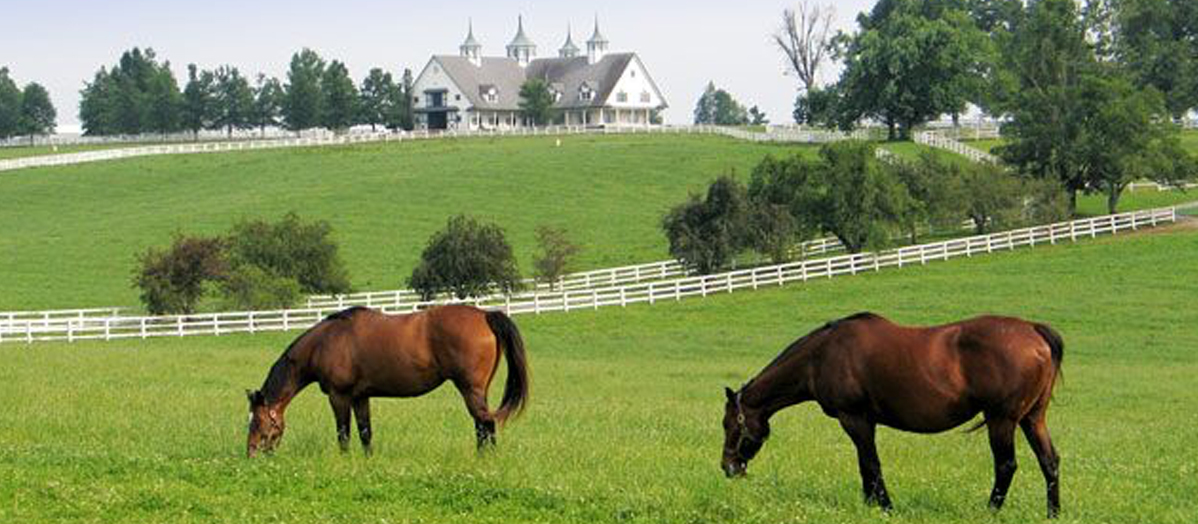365 Days in Horse Country – Treating Diarrhea in Horses

Like people, horses can suffer the discomforts of
diarrhea. The gut pain and loose liquid
stools can have many causes, including the following:
- Bacterial diseases such as Potomac Horse Fever
- Bacterial agents such as salmonella
- Certain antibiotics or non-steroidal anti-inflammatory drugs
- Intestinal parasites
- Eating too much grain
- Ingestion of toxic plants or blister beetles
- Bowel strangulation or obstruction
- Liver disease
- Peritonitis (inflammation of the membrane of the abdominal cavity)
Diarrhea in adult horses can be acute or chronic. Acute diarrhea comes on suddenly and is usually caused by bacterial agents or ingestion of a toxic substance. Chronic diarrhea persists for more than a month and can be a challenge to diagnose. Possible causes include bowel inflammation, noninflammatory colon conditions caused by changes in diet or altered intestinal “bugs” as a result of antibiotic treatment, chronic liver disease or intestinal cancer.
Diarrhea is uncomfortable, and it also leads to dehydration and electrolyte imbalance. In horses, massive fluid loss can occur rapidly because of the large volume of the colon and cecum. Those concerns must be dealt with before a veterinarian can start to find out why a horse has diarrhea.
Supportive care with fluids is necessary to prevent the horse from going into shock or developing laminitis. Horses with severe diarrhea may require hospitalization and intensive care.
Once the horse is stabilized, a medical history and diagnostic laboratory tests such as fecal exams can help to isolate the cause. Because diarrhea can have so many causes, it can often be difficult to determine the reason for it. A definite diagnosis is reached in fewer than 50 percent of cases seen.
Fortunately, whatever the cause, treatment is similar. It usually involves replacing fluids and electrolytes, deworming the horse if it has a load of parasites, or treating with antibiotics for bacterial disease.
Please note that when diarrhea is accompanied by pain, fever, weakness, or depression, it’s an emergency situation. Call your veterinarian immediately. Diarrhea in horses is more likely to cause death than diarrhea in other animals or people.
Michael







